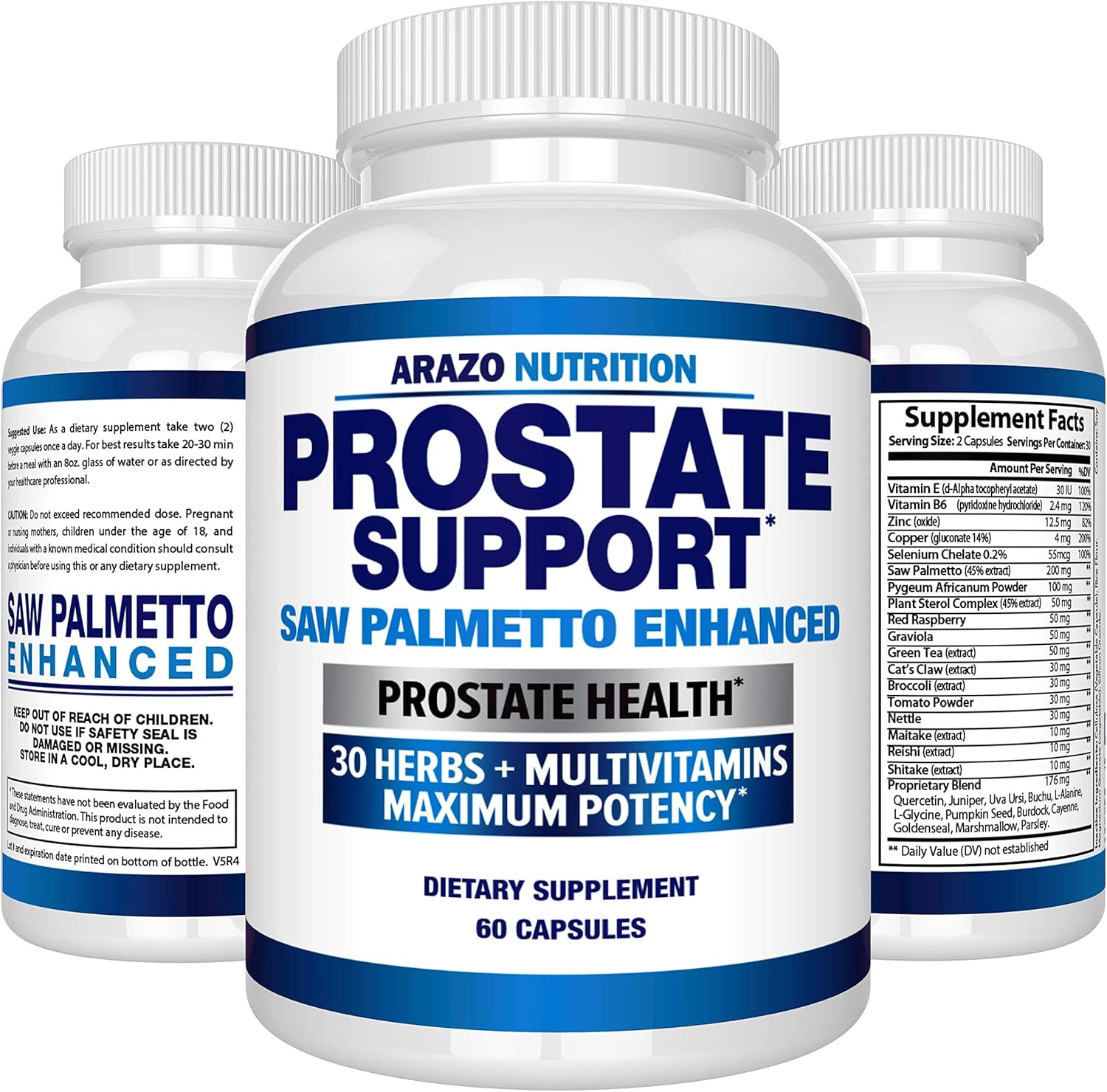 As a Friend: Your prostate gland is an important part in the reproductive system of yours, situated immediately under the bladder, wrapped around the urinary tract. The prostate offers a secretion to the seminal fluid liquefying the coagulated semen, to be able to provide effective and strong fertility. This secretion, which consists of acid phosphatase, citric acid and proteolytic enzymes increases greatly during sexual stimulation.
As a Friend: Your prostate gland is an important part in the reproductive system of yours, situated immediately under the bladder, wrapped around the urinary tract. The prostate offers a secretion to the seminal fluid liquefying the coagulated semen, to be able to provide effective and strong fertility. This secretion, which consists of acid phosphatase, citric acid and proteolytic enzymes increases greatly during sexual stimulation.
 As a Foe: Unfortunately, an enlarged prostate, called BPH or even benign prostatic hyperplasia, has turned out to be probably the most typical debilitating experience among men with the likelihood to enchance with age. At age 30 around ten % are identified, at age fifty it reaches forty %, along with peaking at ninety % for those attaining eighty five years. This is not the likelihood of prostate cancer, which averages just three % of most of those males tried with a prostate problem.
As a Foe: Unfortunately, an enlarged prostate, called BPH or even benign prostatic hyperplasia, has turned out to be probably the most typical debilitating experience among men with the likelihood to enchance with age. At age 30 around ten % are identified, at age fifty it reaches forty %, along with peaking at ninety % for those attaining eighty five years. This is not the likelihood of prostate cancer, which averages just three % of most of those males tried with a prostate problem.
If the prostate enlarges it restricts the urethra, the bladder outlet, leading to increased frequency and urgency, limiting the flow, decreasing the force, as well as those people essential nightly trips to the bathroom.
In some cases BPH might display moderate prostadine scam or real (urbanmatter.com) perhaps no symptoms, thus it’s crucial that you have regular check-ups from the age of 40 onward so as to be able to take preventive measures, however, it is sensible for all males to be cognizant of the nutritional intake of theirs avoiding those items known to inflame the prostate gland. The chemical changes that lead to BPH, (we are what we eat), are not difficult to choose but are factors often ignored in the hurly burly of life.
Dietary guidance is given below.
Precisely why will it happen: Our quantities of free testosterone decrease with age, whilst other stress hormones including prolactin, estradiol, luteinizing hormone as well as follicle-stimulating hormone all increase. An enzyme called 5-alpha-reductase converts the free testosterone into a powerful androgen called DHT (dihydrotestosterone). Your body’s capacity to metabolise zero-cost testosterone is thereby inhibited by elevated estrogen levels. Ultimately the prostate hormone receptors absorb DHT rather compared to free testosterone. This then results in prostate enlargement and inflammation.
Ah well, that is the science over with.
What you can do:
A variety of factors can be to blame for the changes that produce prostate enlargement but generally it comes down to lifestyle choices. Eliminate substances recognized to irritate the prostate such as alcohol, tobacco, chocolate and coffee, sorry, but each are also called triggers for BPH. Snacking and overeating between meals is an additional prostate no-no, as well as dehydration. Drink a great deal of h2o!
Increase exercise, research involving 30,634 males found out that physically active males had a reduced risk of BPH than sedentary men, those that walked two to three hours each week had a twenty five % lower risk of BPH.
Dietary deficiency is a big factor in BPH. A shortage of zinc, copper, selenium, folic acid, omega-3-fatty-acids and iodine in the diet regime will all add to the problem. Also a high carb diet promotes the generation of 5-alpha-reductase (remember him?) leading to BPH. Refined, processed and sweet food almost all deplete the body of essential vitamins.

